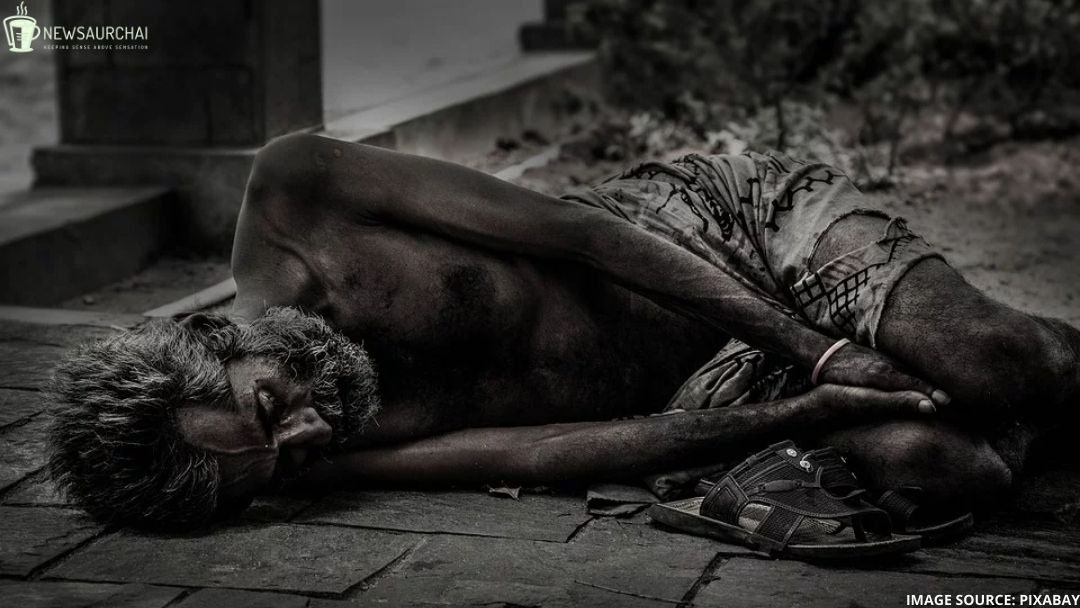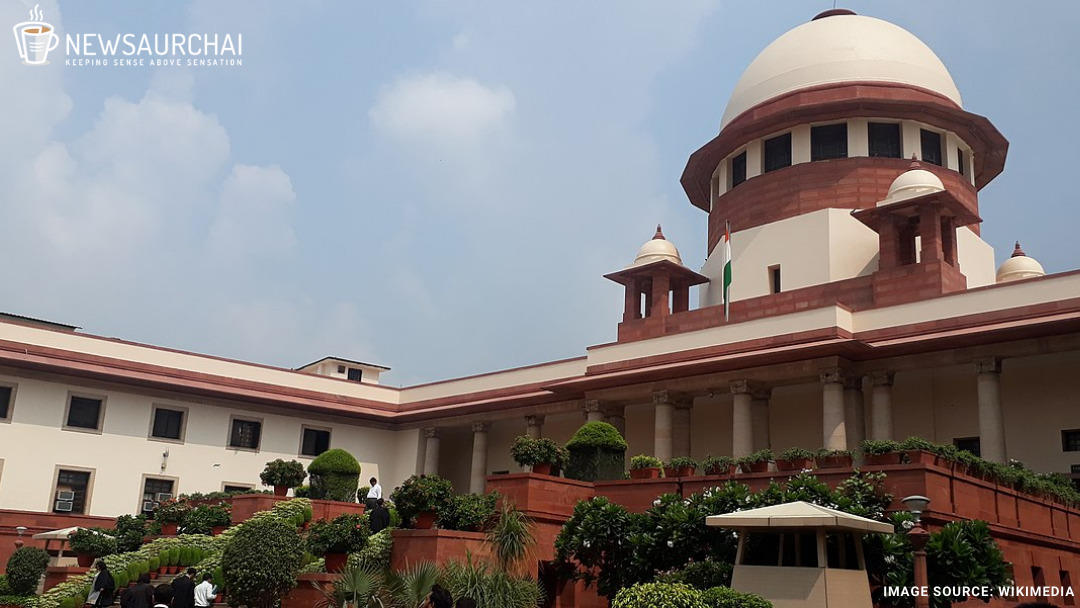
The lockdown in India which was announced by PM Modi recently for another 21 days till April 14, 2020, has instilled fear of hunger and lack of availability of food to the daily wage workers and the poor in the country.
The lockdown has severely affected the livelihood of daily wage workers who are forced to be inside their homes to prevent this pandemic from spreading even more. However, for many daily wage earners, this might not be an option. Though Indian central governments have announced to transfer funds into the bank accounts and providing food free of cost or at concessional rates through the ration shops to these daily wage workers, it is not enough. There are many logistical challenges involved in this.
India and Poverty
According to the statistics provided by the International Labour Organisation, at least 90 per cent of the workforce in India is employed in the informal sector making it difficult for the government to reach each daily wage worker. Many of them work as security guards, cleaners, rickshaw pullers, streets vendors, garbage collectors and domestic helps.
They neither have paid leaves or pensions or any kind of insurance. Many of them do not even have bank accounts or even the official documents required to open a bank account. They majorly rely on their daily wages earned to survive. Keeping this in mind, the benefits offered by the government to these daily wage workers may not even reach them causing them to continue to work or worse forced to sit at home and starve due to the lack of money to buy food.
Many of these are migrant workers, which means that they are technically residents of a different state to the one where they work. Then there is the problem of the floating population: people who do not live in any state for an extended period as they move around to find work.
The fear of hunger hence is another add on burden when we talk about their livelihood coupled with incidents of many of them leaving the cities to their villages. Thus, this lockdown has forced them to move due to fear of hunger rather than the fear of this pandemic. It was seen that those who could not afford to travel by transport were travelling on foot in hopes of better survival.
It is essential to make people stop travelling to curb the community spread of the virus. However, what can we do to make these people stop moving? One way is to ensure food security. People rush to their villages at the time of crisis.
For most daily wage workers, working is a choice between safety and hunger, and they can neither afford safety nor hunger since they have a family depending upon them.
Government, might not be able to reach all these floating populations, even if they act in lightning fast. There is a need to activate big community kitchens and deliver food to people who need it.





